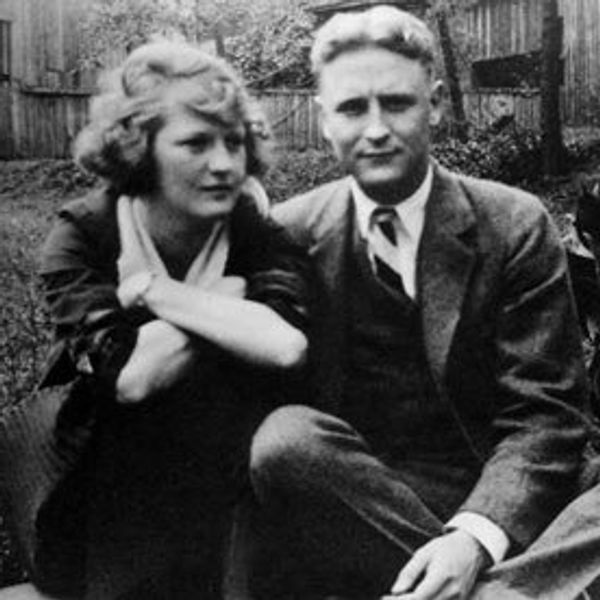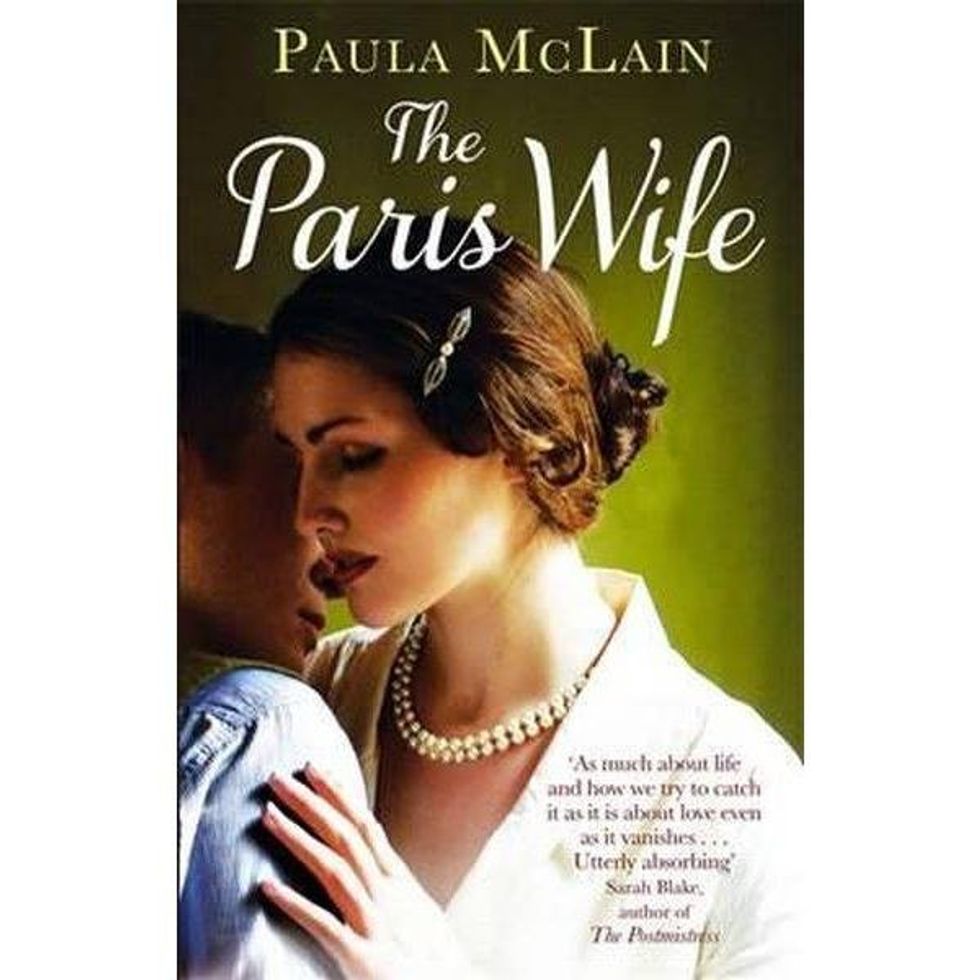Love stories are timeless, right?
I would like to believe that love is timeless- that while time and progression may change many things, the simple idea of loving another human being is as real and life-changing as it was a hundred years ago. So often, it seems that our idea of love has morphed into something else- that as we progress and focus more on ourselves, we forget that the secret to being happy is just to genuinely love and care for other people. We forget that love is timeless.
The avid reader that I am, I have a special place in my heart for written love stories. I feel that words can say more than a film, or even pictures, when it comes to describing the feeling of love. Literature is a testament to all of the changes and progressions and periods of our world, and through much of it is this concept of love, the foundation of human beings needing each other more than anything else.
And as I watch our world change, I see a different message being conveyed. In 50 Shades of Grey, we watch a woman who is supposedly in love with a man who wants her predominantly so that he can hurt her. We now have TV shows fixated on recently divorced women, and casual flings that never turn to anything serious, and most of all, it would seem that our world is constantly trying to convince us that we need things or a self assurance more than we need other people to just be there for us no matter what. The message is overpoweringly that love isn’t timeless, that it won’t change everything for you, and that the most important things can’t be found in kinship with others.
In reading Paula McLain’s The Paris Wife, I found myself all at once heartbroken and satisfied because it it explores all of these ideas, love being the most important part, through a couple with a story that needs to be told. The novel chronicles the life of Hadley Hemingway, the first wife of acclaimed author Ernest Hemingway, and perhaps his only love. We follow them through the early parts of their kinship and eventual marriage, watching them fall in love and work through the early stages of life together. Readers struggle along with Hadley as she gets over the death of her mother and a distrust of the world through her relationship with Ernest. We watch her take a huge leap of faith in following him to Paris, and staying by his side throughout his trials and tribulations as a struggling author. McLain’s writing is strikingly beautiful, and when reading it, I never doubted or even stopped to consider whether it was actually Hadley’s voice telling the story.
The book, more than anything, made me feel. I hurt for Hadley as she worried about whether to marry Ernest, knowing that whatever her decision was, she would have to leave her family. I fell in love with them as a couple, mismatched as they were, because I loved that Ernest cared so much about Hadley’s opinions despite the fact that she wasn’t a writer as well. He loved her, and he wanted her approval the most. This simplicity that existed for a fleeting moment makes the rest of their relationship heartbreaking as Ernest struggles to write “the truth” and they find themselves further and further apart, no longer in love as they once were. You want to root for them, and you hurt for Hadley, and then, perhaps you think that they never should have been together--but what would Ernest have been without her?
In a beautiful novel, McLain brings light to a woman we otherwise might never consider, and asks us the most important question of all: What is it that is really most important in life?
The twenties (the period in which the book takes place) was a time not unlike now--when glamour and appearance were everything, when people strived for a success that was never before quite possible, and when life was vibrant and fleeting and heartbreaking all at once. And as we watch Hadley and Ernest strive for all of these things, looking for a happiness through success that may be unattainable, we have to wonder if perhaps love is most important after all.
I think Ernest said it best: “I wish I had died before I’d loved anyone but her.”
Love is timeless.




















